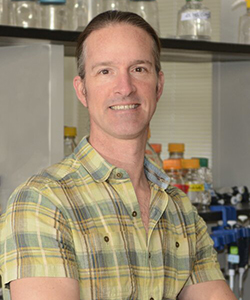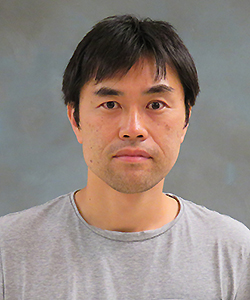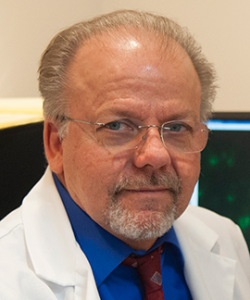In the era of antimicrobial resistance, infectious diseases pose an ever more significant challenge to both human and animal health, with dire consequences. Microbial pathogens and the host immune system have co-evolved for millions of years. The immune system has developed a complex repertoire of mechanisms to control microbial infection. Similarly, pathogens counter by developing a variety of mechanisms to inactivate or evade immune recognition. Therefore, an in-depth knowledge of how the immune system orchestrates responses to commensal and pathogenic microbes is crucial for understanding disease pathogenesis and progression, facilitating the development of novel therapeutics, and ultimately, informing the development of protective vaccines. Faculty and students in the Infectious Disease Immunology strive to define and characterize these antagonisms that will undoubtedly lead to improved treatment of infectious diseases in both humans and animals.

Sumiti Vinayak Alam

Tauqeer Alam

Asma Hatoum-Aslan

Jessica Brinkworth

Chris Brooke

Issac Cann

Lin-Feng Chen

Ying Fang

H. Rex Gaskins

Lois L. Hoyer

Chien-Che Hung

Makoto Inoue

Keith Jarosinski

Thomas E. Kehl-Fie

Collin K. Kieffer

Gee W. Lau

Carol Maddox

Masa Matsumoto

Som Nanjappa

Daniel Rock

Raymond Rowland

Shannon Sirk

James Slauch

Beth M. Stadtmueller

Andrew Steeleman

Leyi Wang

Hua Wang

Brenda Wilson

William H. Witola

Dongwan Yoo

Weiping Zhang
